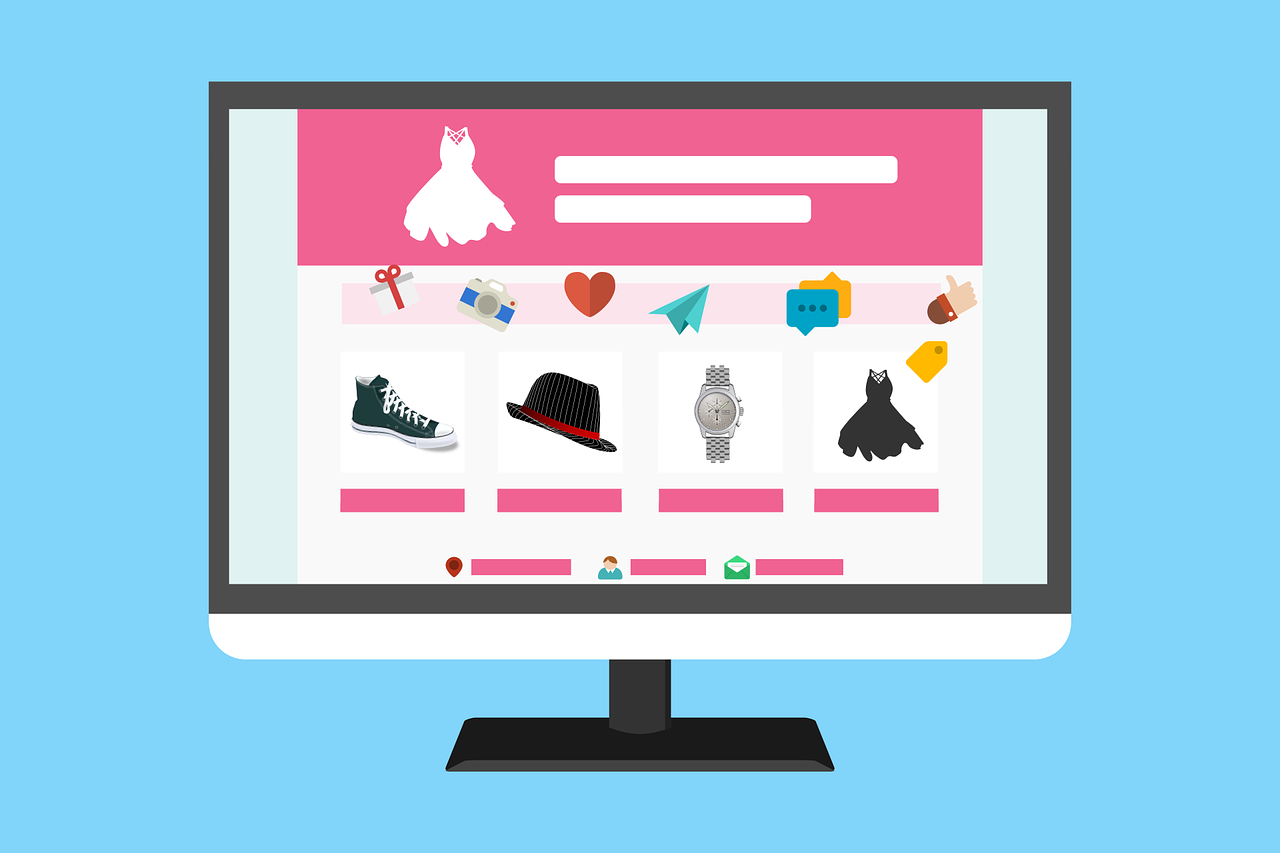Information Overload
Charlotte Booth • 28 February 2023
Dealing with infobesity

Others like ‘infobesity’ are literally music to my ears.
At no point in history have humans had to deal with this much information in a constant stream. We are bombarded with information via our phones, the TV, the radio, marketing emails, print media, and death by PowerPoint meetings 24/7.
Although the stream of information in such quantities is a new phenomenon, the concept and indeed the phrase ‘information overload’ isn’t a new one. The phrase was in fact coined in 1964 by Bertram Gross, the Professor of Political Science at Hunter College. He describes three types of information overload:
- Too much information
- Not enough time to process it
- Mediocre quality information
I think that all of us suffer with all three every single day.
Dangers of Infobesity
Like obesity, infobesity can be detrimental to your health, as it can lead to stress, anxiety, lack of focus and decision fatigue. Too much information can prevent you from making clear decisions, and you can reach a point where you feel your brain literally cannot take in any more information.
- Where should we go to lunch?
- What book should I read next?
- What should I watch on Netflix?
- What should I wear today?
All these little decisions can suddenly seem overwhelming.
The brain, however, is a marvellous thing and will try to manage the flow of data and information, and subconsciously you will start taking notice of some information and ignoring others. This sounds like a great solution but if you have no control, how do you know you are ignoring the right stuff?
Losing the infopounds
The only way of ensuring that you take notice of the important things, is to reduce the overwhelm. And to do this is to reduce the information input. There are several ways to do this and it all depends on what your saturation point is. But three key strategies are:
Decide what is important to you
What information do you need to see? What content makes you feel uplifted? What content helps you grow as a person? Would you rather spend time with people IRL or online?
Decide what doesn’t serve you
There will be things you can expel from your life. Things or even people that depress you, wind you up, or leave you feeling inadequate. Bin them.
Decide how you want to live your life
‘How we spend our days, is of course, how we spend our lives’ (Annie Dillard). Do we want to spend our lives doom scrolling, watching glorified adverts, and arguing with strangers on the internet? Or do we want to spend our lives in the real world, arguing with real people, and experiencing everything the world has to offer?
Once you start to limit the information you are bombarded with you can lose the infopounds and the associated stress. It could start by muting those 23 WhatsApp groups, thinning out your followers on social media, and have device-free evenings or weekends.
For me, I stopped watching the news first thing in the morning as it was defining my day. Instead I take my tea back to bed and read a book for 30 minutes. When I am with people in real life I keep my phone in my pocket so I am not tempted to check it, but as I removed most SM from my phone there is little to check anyway. I only answer the phone if it is convenient to me and filter any emails with ‘unsubscribe’ at the bottom into a folder which I check once a week. And I always skip the ads wherever possible.
Will these changes solve all the problems of infobesity? Absolutely not. But they can get you on a path where you control what you see, when you see it and for how long you see it for.
If you would like to discuss outsourcing your content writing to free up time, or you would like to switch out your scrolling time to write your first book then email
me and we can have a chat.

There is nothing more amusing than checking out mediaeval artistic renditions of lions and other heraldic creatures. These beasts, grimacing and gurning are a strange juxtaposition of human, animal and demon and as far from the cute image of Alex from the Madagascar franchise or in fact a real lion as you could possibly get. There are three main reasons mediaeval lions are so ‘bad’ and un-representational; The artists were following a very tight brief. Some of the artists may never have seen a lion, and were following the descriptions they were given. These lions were representing heraldic principals of bravery, nobility and authority; all very human characteristics. When viewed through this lens it becomes more understandable why they look the way they do, but they are still ‘not right’ and not a great tool for learning about lions. Generative AI is very similar to an uninformed but talented mediaeval artist. There is a element of intelligence but at the end of the day it is following a brief, with no actual ‘knowledge’ of the thing it is producing. As an example, if you prompt your generative AI (ChatGPT and the like) to produce a blog for your new product or service, aimed at your ideal customer avatar you will in all likelihood get a mediaeval lion out the other end. Sort of recognisable, and sort of not. This is because AI doesn’t know what a customer is (ideal or otherwise), has no idea what your product or service is and does, and has no true understanding of how this service or product will serve your ideal customer and their needs. Of course, AI is pulling all the information available from the internet to help with its answer but there is no understanding there. There is no determining fact from falsehoods or even which websites are trustworthy and which are not. So, it skims the internet and puts together content which suits the brief as it understands it. This is then when the actual work should start as this content shouldn’t be used in the raw. It should be edited and tweaked by a human who DOES understand the brief, has been a customer (ideal or otherwise) and can imagine what your ideal customer will feel when using your product or services. We are in a world now, where we have generative AI promoting products and services to humans, when it has no concept of what a human is and how it thinks, meaning the marketing department are in fact more important than ever for ensuring content and copy is aimed at humans and human emotions. You could argue that the world would be a more entertaining place if there were more mediaeval lions in it, but it wouldn’t be a great environment for learning, or for basing purchasing decisions on. If you want to maintain the human element in your content, then I would love to help . Explain the brief, your CTA and your ideal client and I will know what I need to ask to get a clear idea before writing. Then you can rest assured your content was written by a human for a human and we can leave the mediaeval lions to the museums.








